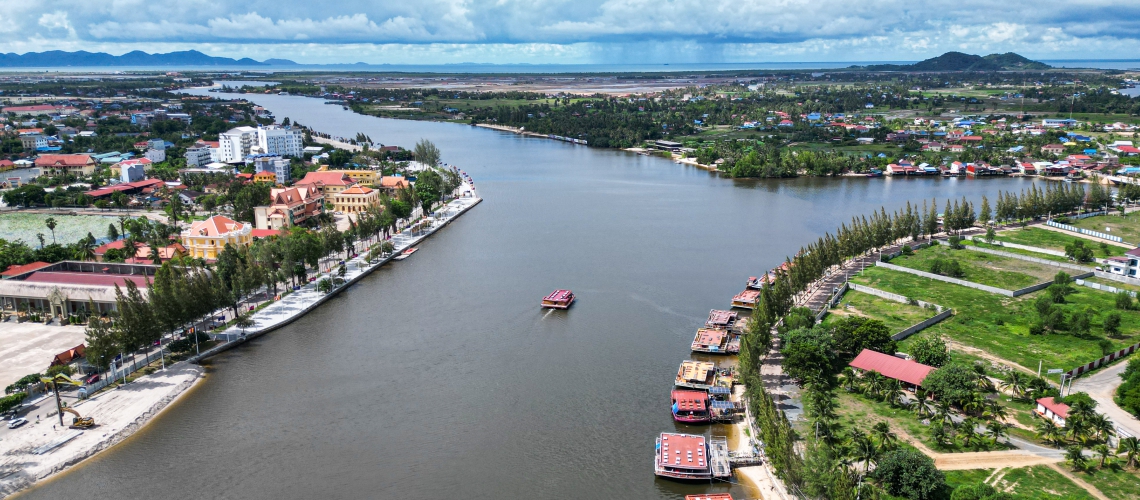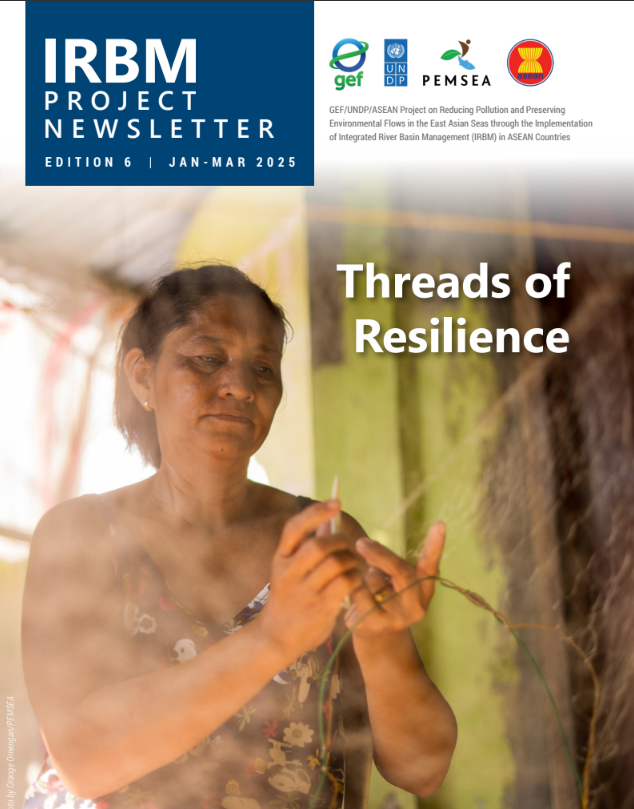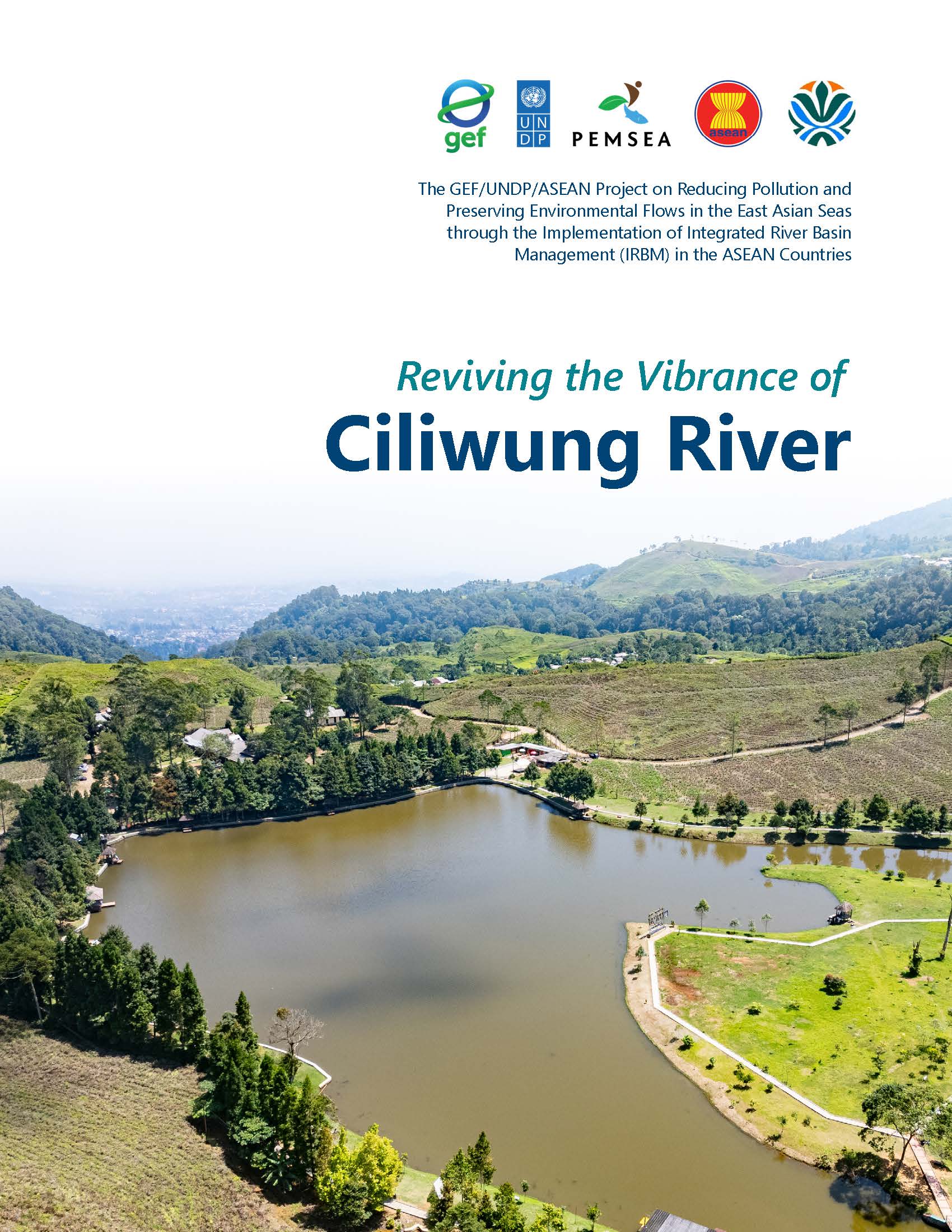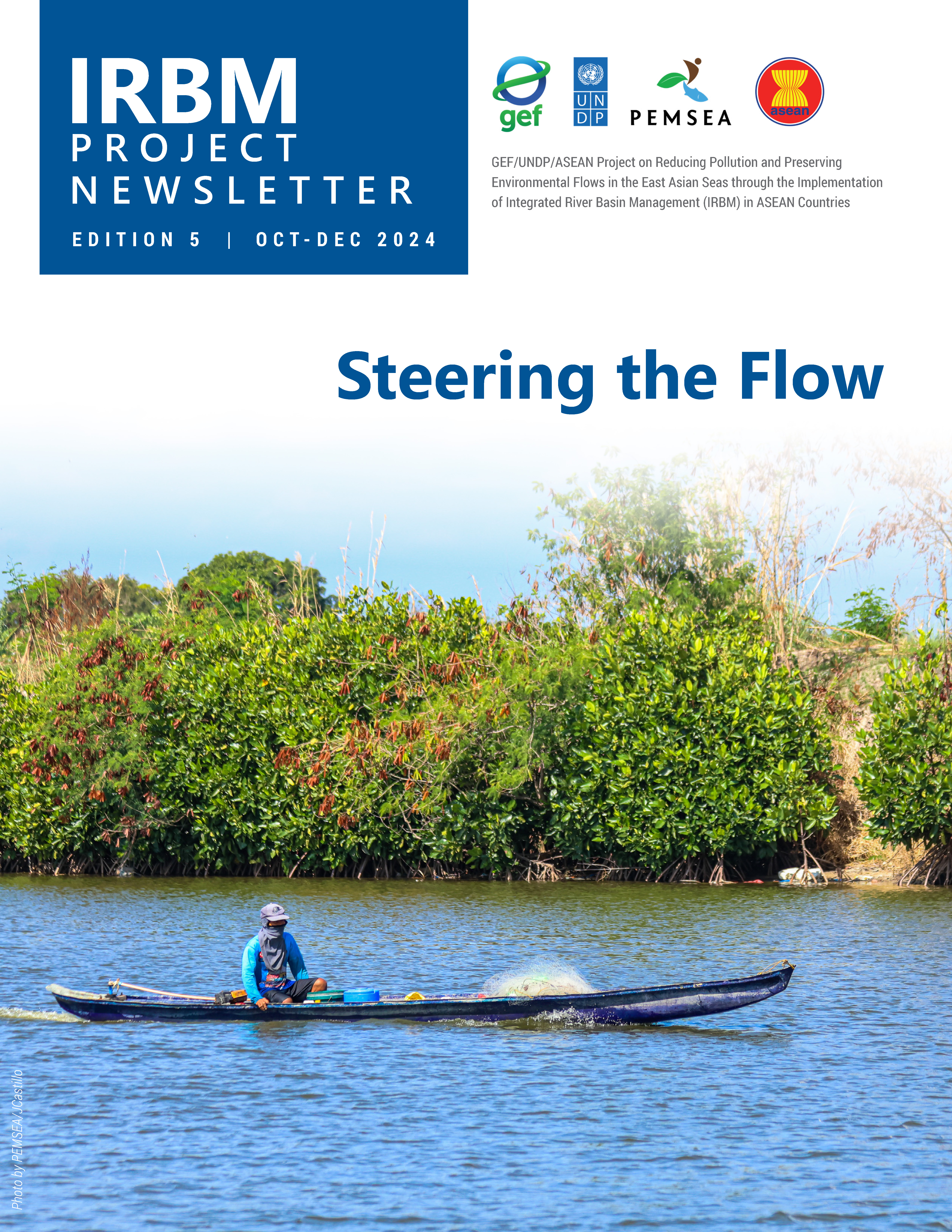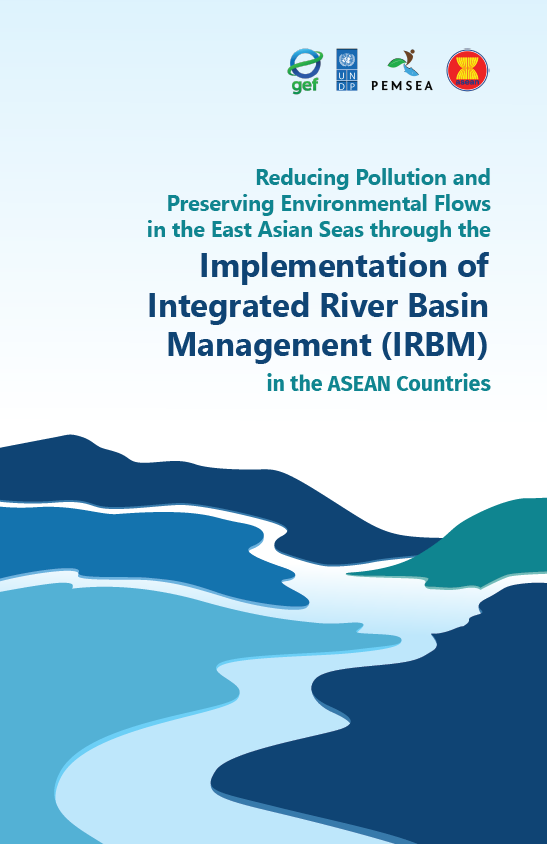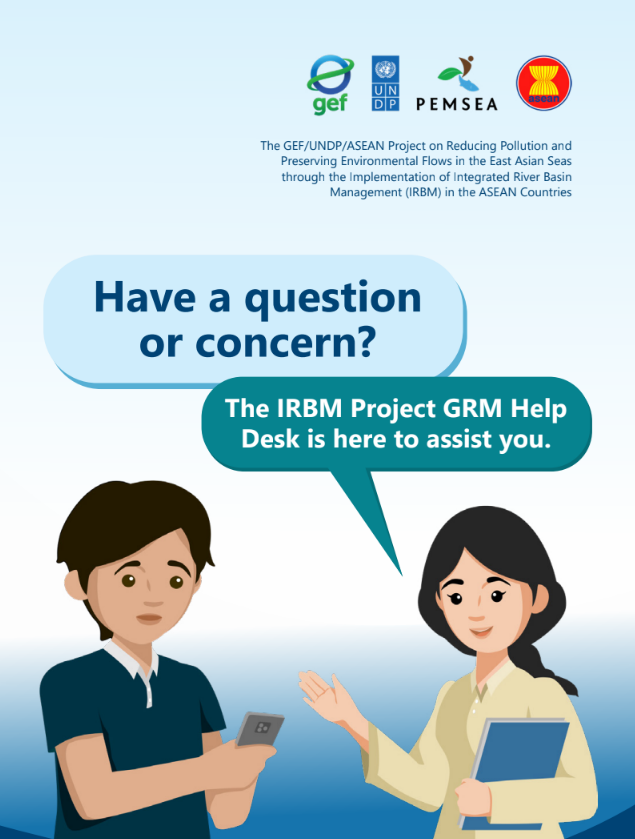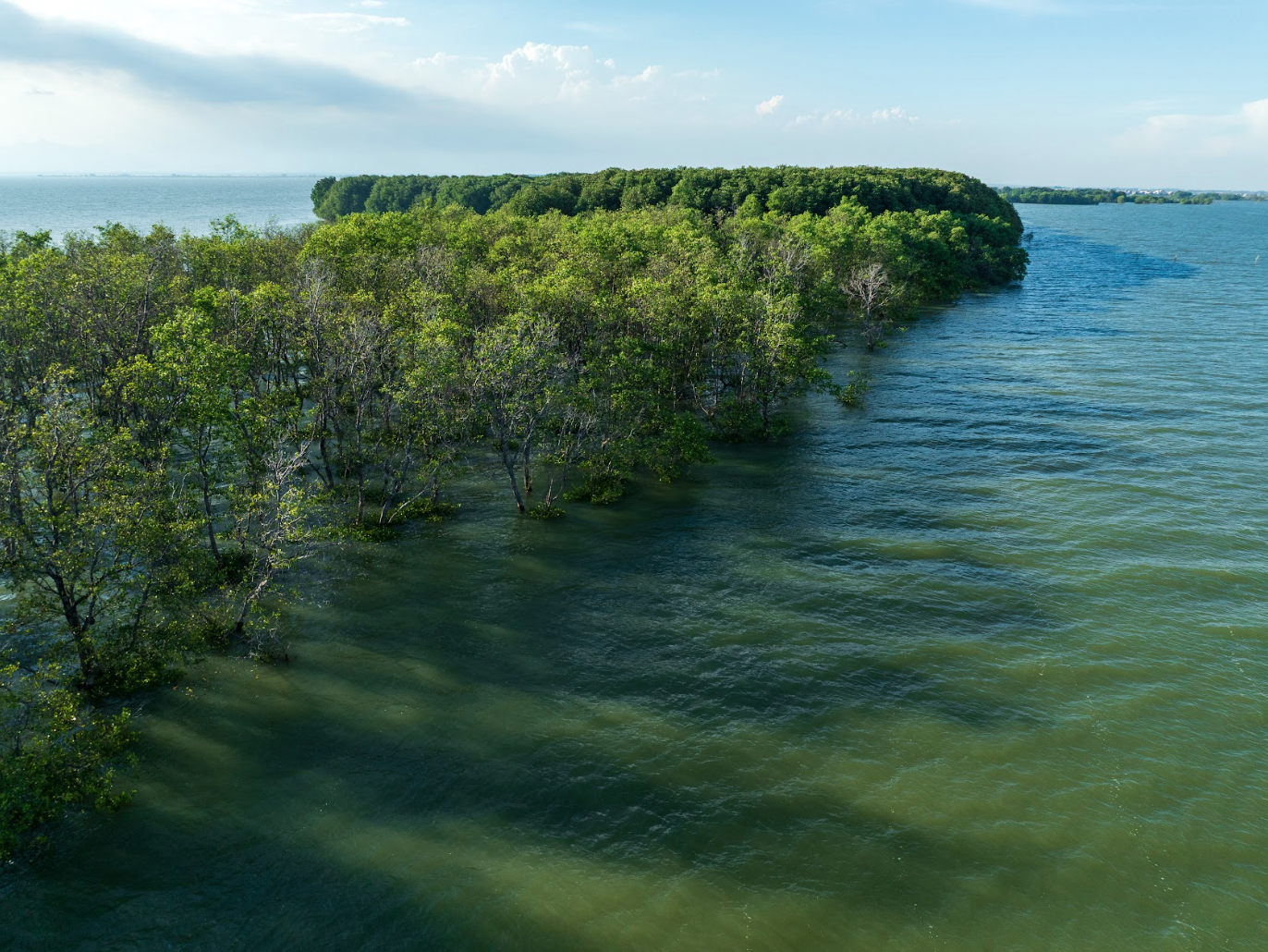
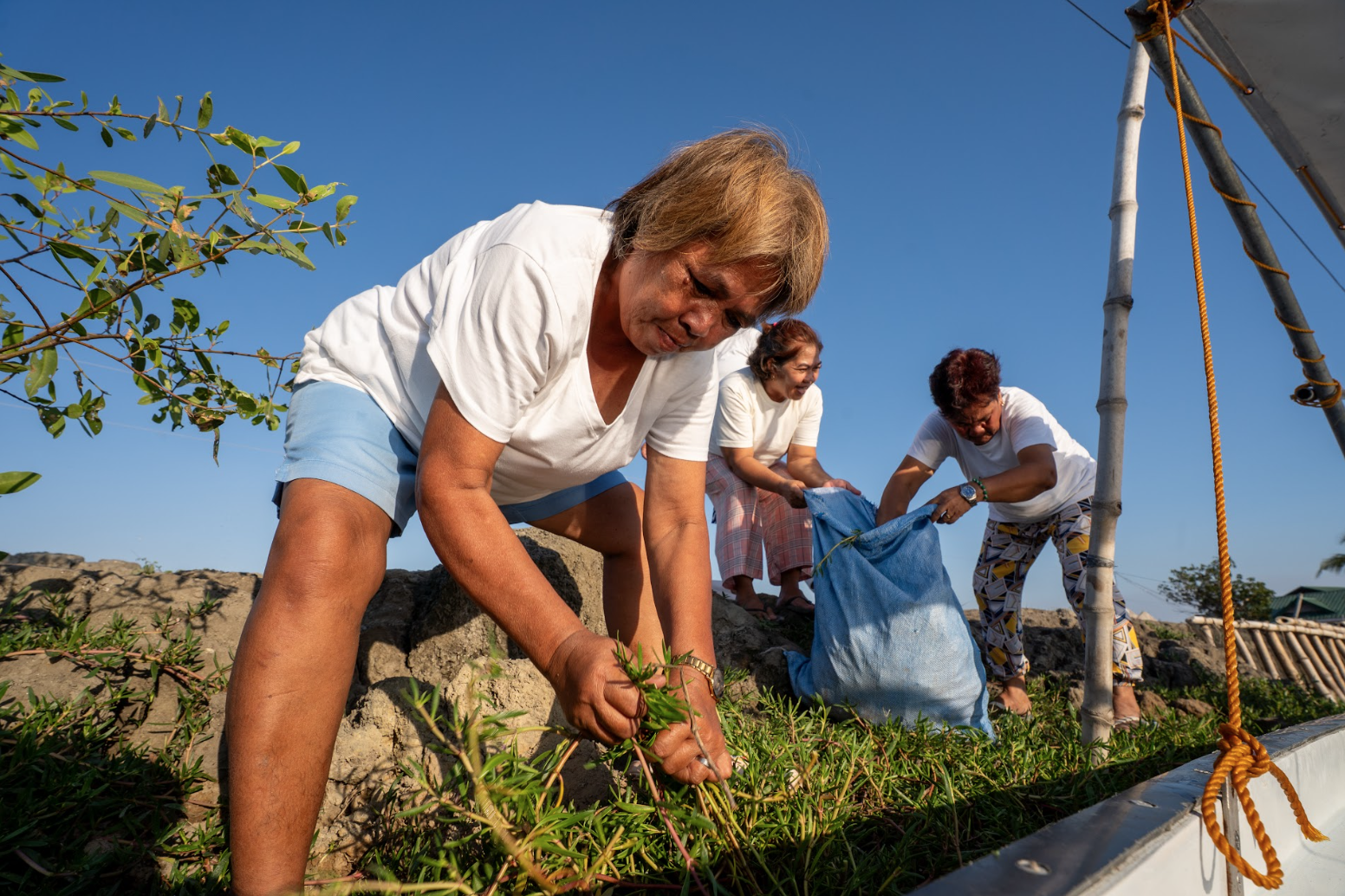
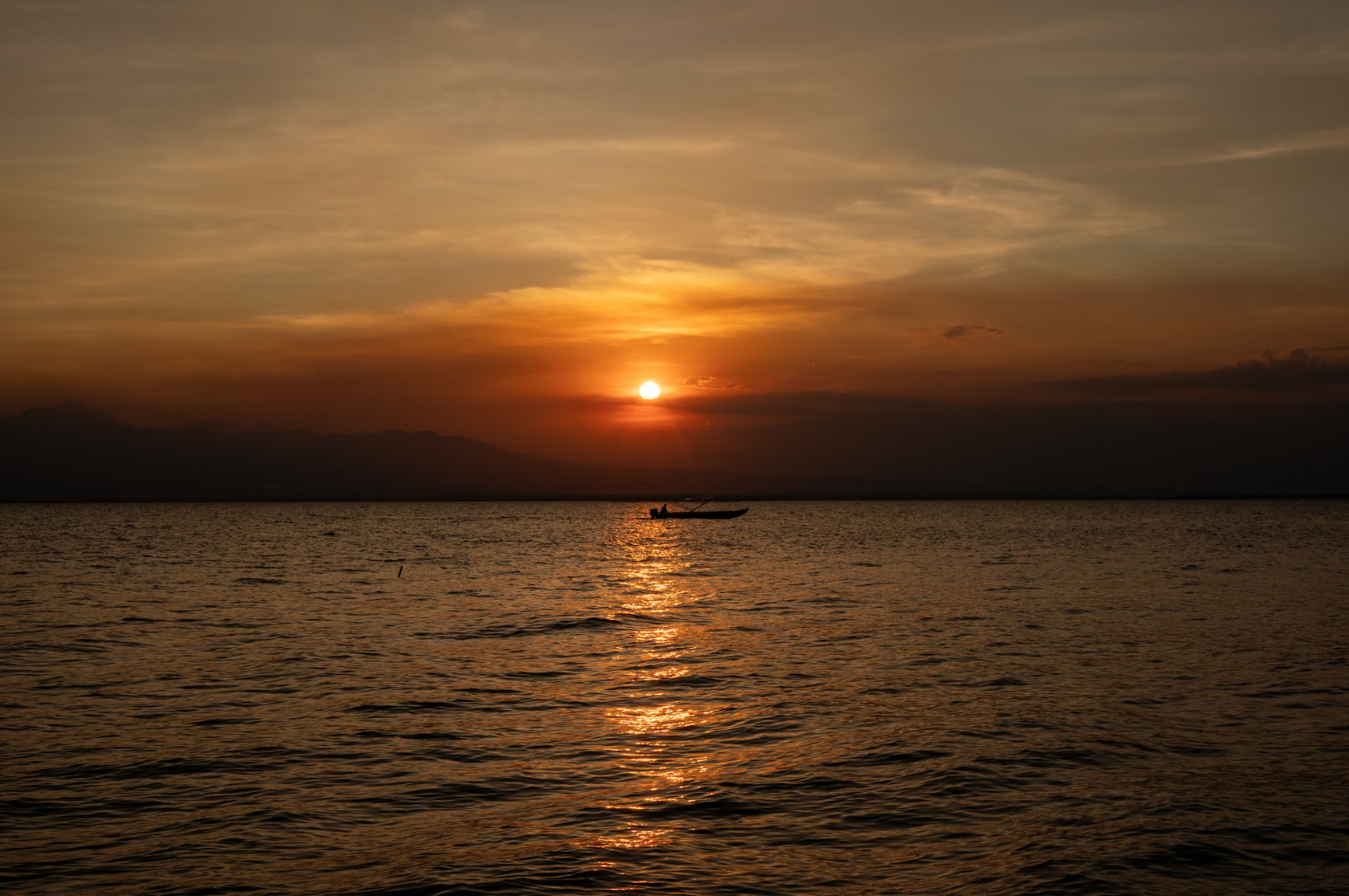
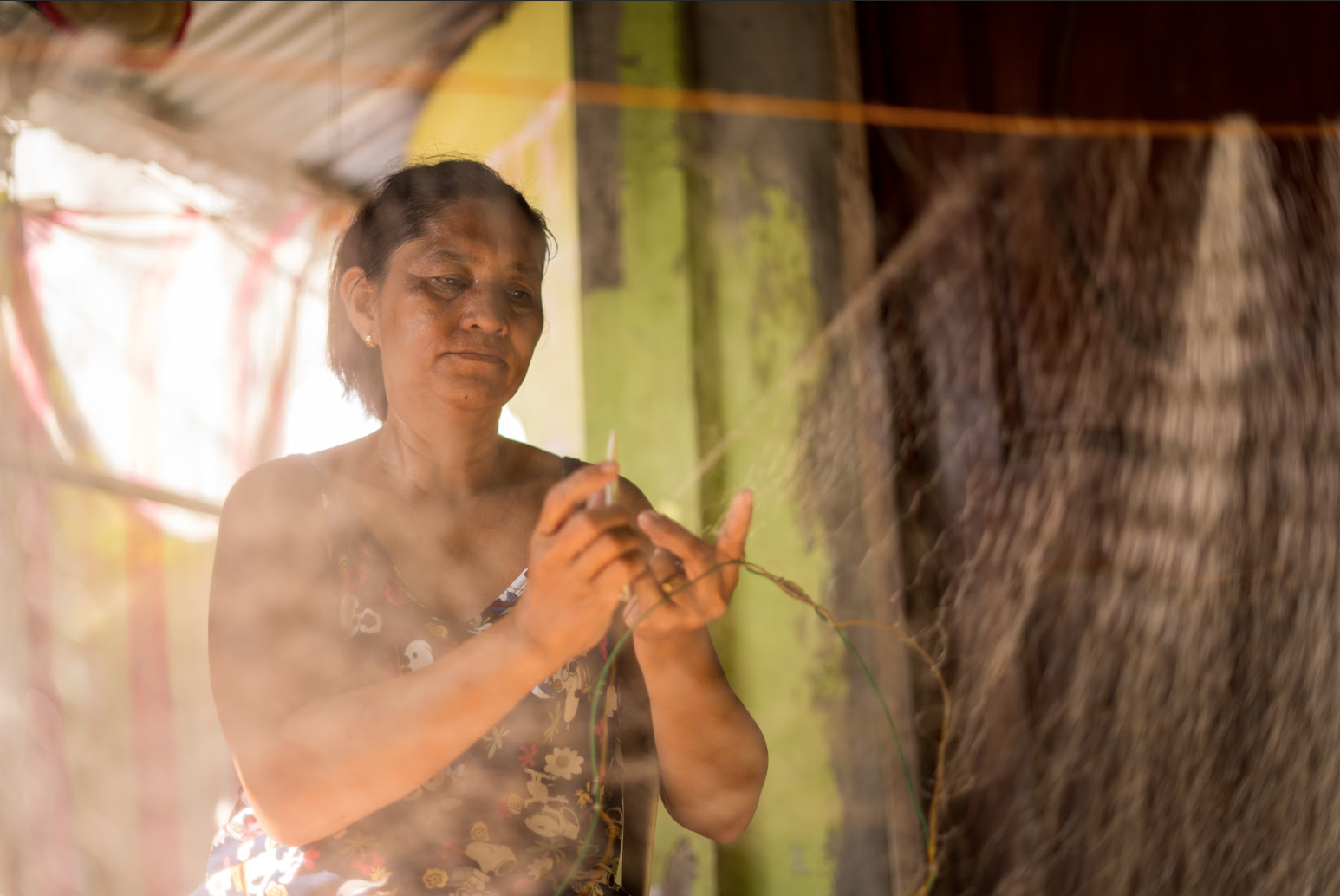
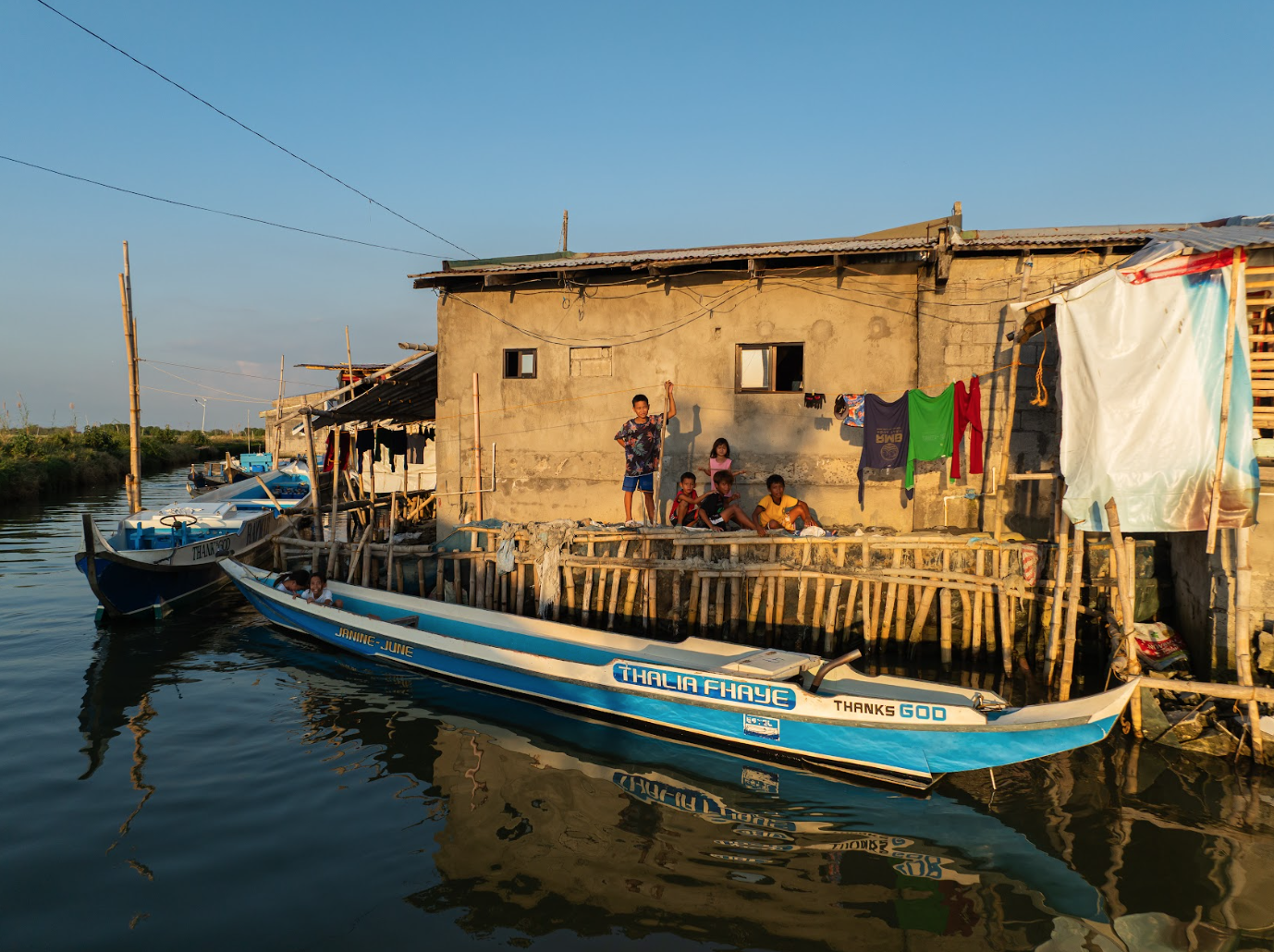
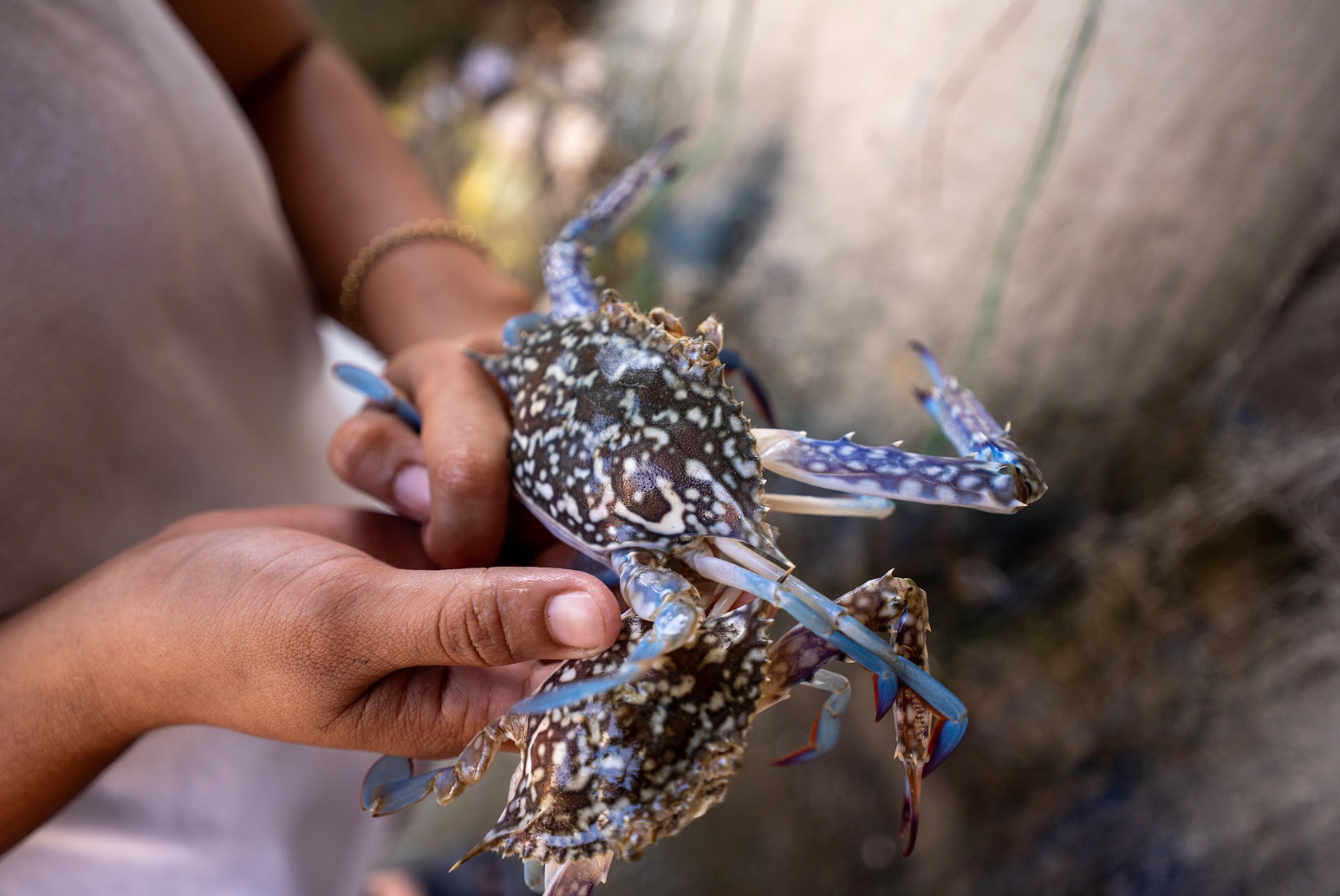
Breadcrumb
Integrated River Basin Management Project

Project Information
Implementing Agency: UNDP Bangkok Regional Hub
Executing Agency: PEMSEA Resource Facility
Funding Institution: Global Environment Facility
Participating ASEAN Member States: Cambodia, Indonesia, Lao PDR, Malaysia, Philippines and Vietnam
Project duration: 5 years (January 2023 to December 2027)
Project Grant: USD 8,479,123
Project Co-financing: USD 106,985,192
Spanning five years, the Integrated River Basin Management (IRBM) Project takes a comprehensive approach to protection and conservation, focusing on priority river basins in Cambodia, Indonesia, Lao PDR, Malaysia, the Philippines, and Vietnam. The project aims to reduce pollution, protect freshwater flows, and strengthen climate resilience.
This initiative influences four key large marine ecosystems—the Bay of Bengal, South China Sea, Gulf of Thailand, and Indonesian Sea—since the selected river basins in these countries drain into them. The project acknowledges the vital connection between river health, the well-being of marine environments, and the communities that rely on the resources that these critical bodies of water support.
The IRBM Project is supported by the Global Environment Facility (GEF), implemented by the United Nations Development Programme (UNDP) and executed by Partnerships in Environmental Management for the Seas of Asia (PEMSEA) Resource Facility, in collaboration with ASEAN.
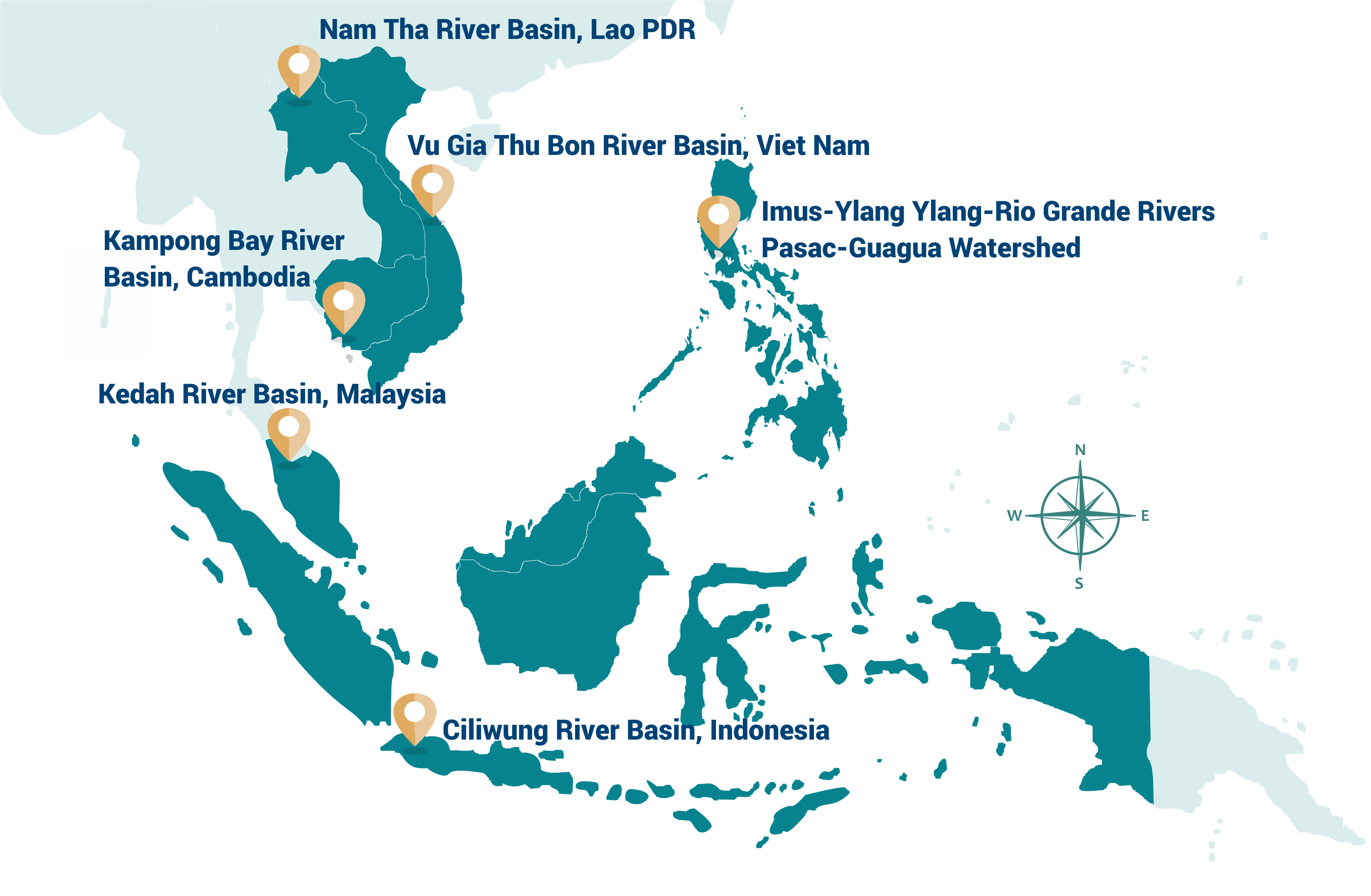
This graphic is not drawn to scale and is provided for illustration purposes only.
Project Goal
To establish functional IRBM mechanisms in the priority river basins of six ASEAN Member States to reduce pollution, sustain freshwater flows, and enhance resilience to climate change vulnerabilities
To achieve this goal, the project employs a solution-oriented approach that includes:
- Strengthening understanding of Source-to-Sea governance, socioeconomic and ecological conditions, while identifying gaps and needs in the seven priority river basins and their associated coastal areas
- Implementing pilot projects that deliver practical, on-the-ground solutions to address key issues, using tested models designed for replication and scaling up
- Facilitating hands-on training, capacity-building programs, and knowledge-sharing activities to support participatory planning and the development of effective IRBM governance and management practices across the six ASEAN countries.
Project Components
PROJECT OUTCOME 1:
Improved understanding of the situation and challenges in the river basins and surrounding areas:
- State of River Basin Reports
PROJECT OUTCOME 2:
Improved Source-to-Sea management demonstrated in the IRBM Pilot Projects:
- Feasibility studies, financial analyses, public consultations for preferred options for addressing IRBM challenges and formalizing the commitments to implement the pilot projects
IRBM governance mechanism and instruments refined:
- Good practices in IRBM governance and management
- Analysis of IRBM policies, strategies, laws, economic and financial instruments and partnership arrangements
- IRBM strategies and action plans
PROJECT OUTCOME 3:
Improved IRBM knowledge management and enabling capacities:
- Technical guide for a harmonized set of governance and management indicators
- Water quality monitoring and reporting
- Capacity building and skills on IRBM development and management
- Regional IRBM knowledge and communication management platform
- Regional and global forums, learning exchanges and networking
Project level monitoring and evaluation:
- Annual Project Implementation Review
- Independent mid-term and final evaluations
Project Publications
Integrated River Basin Management Project Newsletter - Edition 6
"Threads of Resilience” marks the sixth edition of the Integrated River Basin Management (IRBM) Project's newsletter, spotlighting inspiring narratives of women and advancements in project implementation.
This issue features threads of resilience in the stories of women from the Sasmuan Pampanga Coastal Wetlands of the Pasac-Guagua Watershed in the Philippines, alongside the impactful work of women leaders driving environmental change across Southeast Asia. It also highlights the need to conserve key project sites, including the Ciliwung River in Indonesia.
Key project activities and milestones from the first quarter of 2025 include the ongoing formulation of a framework and solutions template for pilot project development in the seven priority river basins, Lao PDR's approval of the 2025 Work Plan and State of the River Basin Report for the Nam Tha River Basin, and stakeholder validation workshops for the State of River Basin Reports for the Imus-Ylang Ylang and Rio Grande Rivers, as well as the Pasac-Guagua Watershed.
These interconnected efforts are key components of a strengthening web of partnerships and collaboration within the ASEAN region.
IRBM Stories - Reviving the Vibrance of Ciliwung River
The Ciliwung River Basin, located in Indonesia, originates in the Bogor Regency and flows 118.25 kilometers to the Java Sea, passing through the cities of Bogor, Depok, and Jakarta. Covering 421.47 square kilometers, it supports over 3,852,000 people and provides essential resources for agriculture, livelihoods, and transportation. The Ciliwung Dam, constructed in 1911, irrigates 333 hectares of rice fields and contributes to the region's renowned tea plantations. The river basin faces significant pollution challenges from domestic and industrial waste. The Integrated River Basin Management (IRBM) Project aims to mitigate these issues through improved governance, community engagement, and sustainable waste management practices.
Integrated River Basin Management Project Newsletter - Edition 5
"Steering the Flow" is the fifth edition of the Integrated River Basin Management (IRBM) Project's newsletter, highlighting key milestones and meetings for the last quarter of 2024 and the beginning of 2025. From the IRBM Project's participation in the 2024 East Asian Seas Congress and The Pavilion for People at the 2025 World Economic Forum, to the launch of the State of River Basin Guidebook and the ongoing assessment of the interplay between water use conflicts and the water-energy-food-ecosystem security nexus in ASEAN river basins — the IRBM Project is set to steer the governance and management of priority river basins in ASEAN Member States.
Integrated River Basin Management Project Regional Brochure
The Integrated River Basin Management (IRBM) Project is a critical initiative safeguarding and improving vital river basins across six ASEAN Member States. Guided by the Source-to-Sea principle, this five-year regional project, officially titled "Reducing Pollution and Preserving Environmental Flows in the East Asian Seas through the Implementation of Integrated River Basin Management (IRBM) in ASEAN Countries", aims to establish functional IRBM mechanisms in priority river basins in Cambodia, Indonesia, Lao PDR, Malaysia, the Philippines, and Vietnam.
The project seeks to reduce pollution and sustain freshwater environmental flows while adapting to climate change vulnerabilities. By collaborating to strengthen river governance and management, the IRBM Project is laying the foundation for flourishing communities, resilient ecosystems, and sustainable economies.
The IRBM Project is supported by the Global Environment Facility (GEF), implemented by the United Nations Development Programme (UNDP), and executed by Partnerships in Environmental Management for the Seas of Asia (PEMSEA) Resource Facility, in collaboration with ASEAN.
Integrated River Basin Management Project GRM Brochure
The Integrated River Basin Management (IRBM) Project Grievance Redress Mechanism (GRM) is a formal process established to address project-related concerns in a fair, transparent, and timely manner. The GRM ensures that individuals and communities affected by the IRBM Project have a voice and that their concerns are addressed openly and efficiently. It also guarantees that project activities adhere to social and environmental safeguards. Individuals, groups, or communities who believe they are or will be negatively affected by the IRBM Project are encouraged to submit their concerns or complaints. All submissions will be handled with strict confidentiality.
